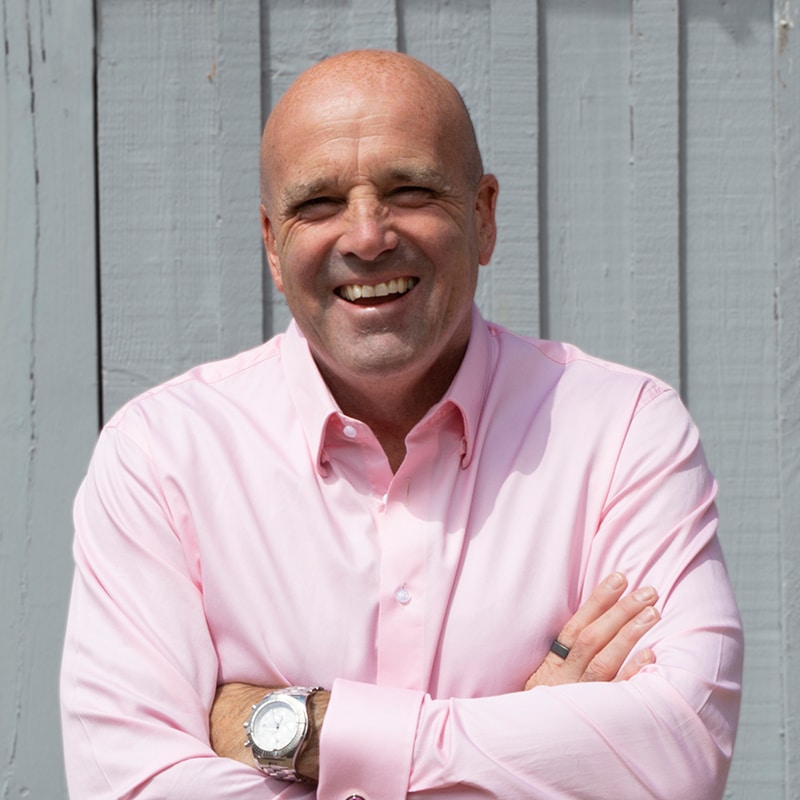E49 | Nicole Yershon – Turning Disruption into Advantage
On today’s episode of The Melting Pot we talk to Nicole Yershon, founder and CEO of the NY Collective, a leverage-model business that was created to disrupt the traditional practices of consulting and marketing agencies, and to get to the heart of a business’ problem, whether operational or strategic, as quickly as possible.
Nicole is the original rough diamond: she wasn’t a yes-girl, she asked the awkward questions, she queried the processes and she side-stepped authority and the chain of command to get things done. Her measure of success wasn’t financial, it was in her ability to move people from an analogue world to a digital world.
On today’s podcast:
- Why being disruptive isn’t a bad thing
- Why you can’t affect change without the right people
- How she was so successful at Gold Greenlees and Trott
- The Fearless Breakfast (and the problem with fear)
- How she wrote her book
- What’s in her Fearless Manifesto
Links:
Today’s guest on The Melting Pot is Nicole Yershon, the original rough diamond who cut her teeth working at Gold Greenlees and Trott, counting Dave Trott as her mentor. Her motto was, and remains, “it’s always easier to ask forgiveness than permission.“
As a change agent in a large advertising agency, but faced with no budget and a need to get her work done and bring about change, Nicole set about finding ways to secure money to fund her programme that didn’t interfere with the company budget. This way she was beholden to no one and had no one to answer to regarding how she was spending her money.
Originally told that her Rough Diamond project was a no-go, she paid little heed to her superiors, knowing that the organisation needed people who weren’t Oxbridge trained, who naturally questioned the natural order of things, who disrupted the status quo for the greater good. Two years later, the company conceded she had been right to push ahead with it, and she’s never looked back.
Nicole is fiercely proud of her reputation for getting things done, and has written a book Rough Diamond – Turning Disruption into Advantage in Business and Life, detailing for those people who ‘have a fire in [their] belly, a hunger for change, and a belief in the transformative power of disruption’ how to action change. The book focuses on the rise of technological change and digitisation across every sector and the disruption it has caused to all aspects of life.
Today Nicole shares a few snippets of how she got to where she is, how she became the original rough diamond, as well as imparting a few words of advice for would-be disruptors.
The Rough Diamond Programme
The Rough Diamond was a name Nicole’s team at Ogilvy put to their programme for future talent. It was about getting kids in from rough areas of London, kids about to be expelled and getting them into jobs that were primarily filled with Oxbridge educated people.
The company had always hired Oxbridge educated people and were wondering why change wasn’t happening. Nicole knew that they needed people with a different mindset who could affect this change, who would push boundaries, naturally question the way things were done and who were happy to break rules because they wanted to be disruptive, not in a bad way, but in an entrepreneurial way.
How to Win People Over
When she initially pitched the idea of the Rough Diamond programme she was told no, but she knew as the one in charge of change, it was essential to keep the advertising agency innovating.
Nicole learned that to be successful at disrupting the status quo she had to be entrepreneurial—to find money when there was none available and reduce her own liability as much as possible—so as to avoid disrupting the everyday running of the organisation and fly under the radar.
She couldn’t do RND within the P&L, the only way to get round the processes and avoid the people who say no was to be incredibly creative.
Today if Nicole could give her former self a piece of advice, she would advise being more patient—to accept that there are steps you have to take in order to move ahead, that there are certain corners you can’t cut, you just have to wait it out until you can move on to the next stage.
